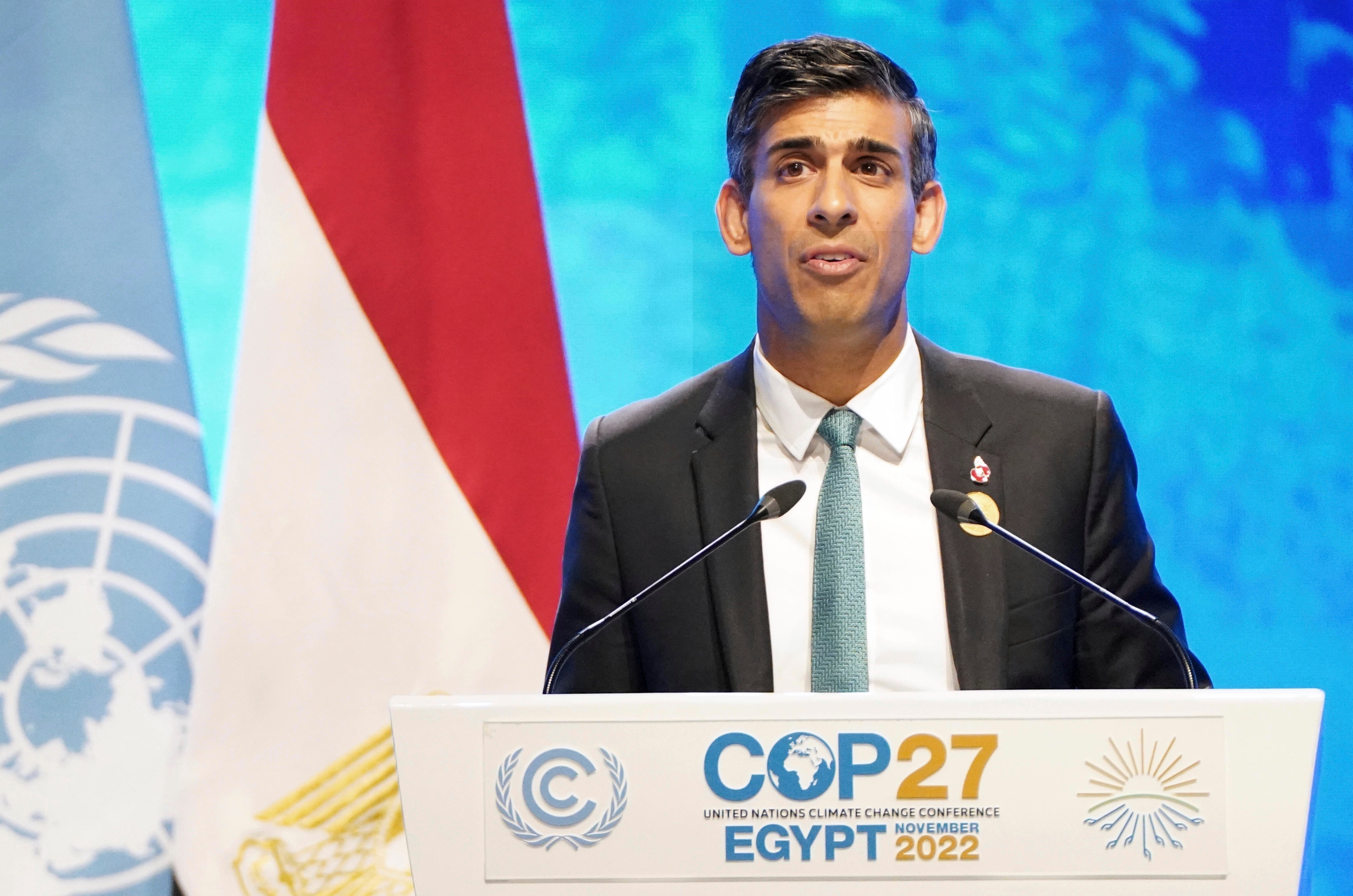UK government rejects plan to build national flagship
Britain’s government has scrapped a 250 million-pound ($288 million) plan to build a national flagship that was supposed to tour the world as a “floating embassy” amid a public spending squeeze and to prioritize funding for boosting U.K. defenses against Russia

Your support helps us to tell the story
From reproductive rights to climate change to Big Tech, The Independent is on the ground when the story is developing. Whether it's investigating the financials of Elon Musk's pro-Trump PAC or producing our latest documentary, 'The A Word', which shines a light on the American women fighting for reproductive rights, we know how important it is to parse out the facts from the messaging.
At such a critical moment in US history, we need reporters on the ground. Your donation allows us to keep sending journalists to speak to both sides of the story.
The Independent is trusted by Americans across the entire political spectrum. And unlike many other quality news outlets, we choose not to lock Americans out of our reporting and analysis with paywalls. We believe quality journalism should be available to everyone, paid for by those who can afford it.
Your support makes all the difference.Britain's Conservative government on Monday scrapped a 250 million-pound ($288 million) plan to build a national flagship that was supposed to tour the world as a “floating embassy" amid a public spending squeeze and to prioritize funding for boosting U.K. defenses against Russia.
New Prime Minister Rishi Sunak sunk the plan to create a successor to the Royal Yacht Britannia, which was retired in 1997. The new flagship was championed by former Prime Minister Boris Johnson, but critics had slammed it as a vanity project.
Parliament's defense committee warned last year there was “no evidence of the advantage to the Royal Navy of acquiring the national flagship," which would cost around 250 million pounds to build as well as up to 30 million pounds a year to run.
Defense Secretary Ben Wallace said he was instead prioritizing the procurement of multi-role ocean surveillance vessels, which will protect undersea cables and pipelines amid Russia's invasion of Ukraine.
“In the face of the Russian illegal and unprovoked invasion of Ukraine and (President Vladimir) Putin’s reckless disregard of international arrangements designed to keep world order, it is right that we prioritize delivering capabilities which safeguard our national infrastructure,” Wallace said.